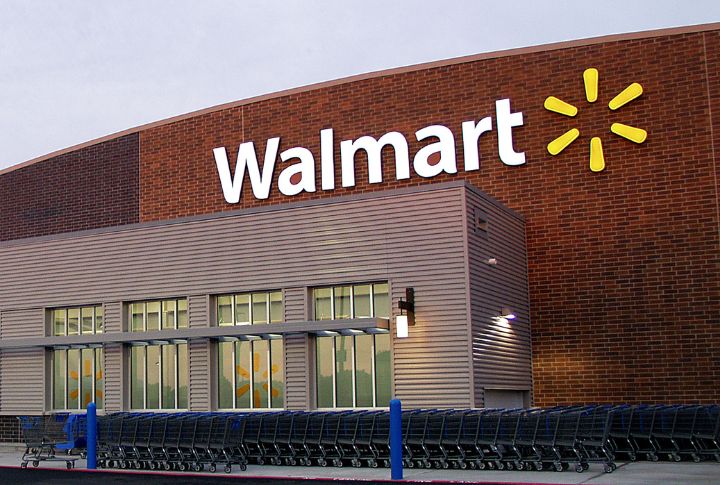
Public trust doesn’t come easy, especially for companies that keep landing in the spotlight for the wrong reasons. These 22 major brands have faced growing backlash across the country. Their reputations took a hit, and the ripple effects are still unfolding in plain sight.
Meta (Facebook, Instagram, WhatsApp)

Meta didn’t start as a tech giant—it began as “TheFacebook” in a Harvard dorm room in 2004. Today, it controls Facebook, Instagram, and WhatsApp, reaching over 3.7 billion users. But trust took a hit after the Cambridge Analytica scandal exposed data misuse, leading to a $5 billion fine and widespread backlash.
Equifax

One of the oldest credit agencies in the country, Equifax, was founded in 1899. It’s remembered most for a 2017 data breach that affected nearly 148 million Americans. Executives sold shares before announcing the breach, leading to SEC investigations and a $425 million victim settlement.
Amazon
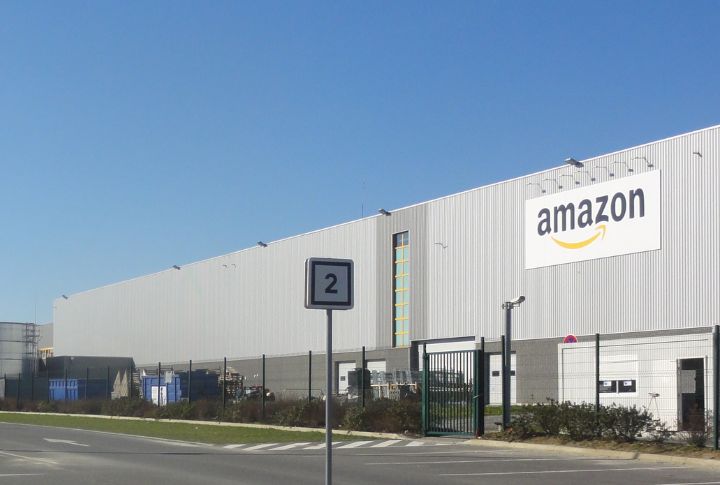
Amazon went from selling books in 1995 to shipping over 10 billion items every year. But behind the success, workers have reported harsh conditions and efforts to block union activity. The company also drew criticism after quietly cutting back on its diversity programs in 2023.
Target
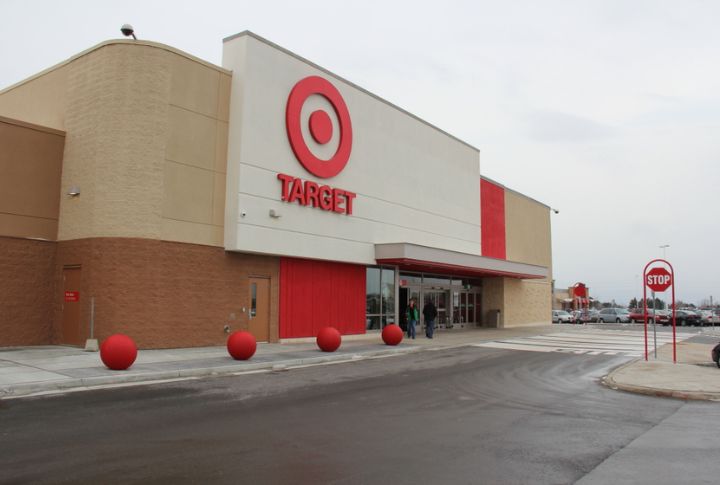
Target, known for its iconic bullseye and playful “Tar-zhay” nickname, took a hit in 2023 when shoppers pushed back against its move to scale down DEI programs. Store visits dropped up to 9%, and political tensions turned the retailer into a culture war lightning rod.
Walmart
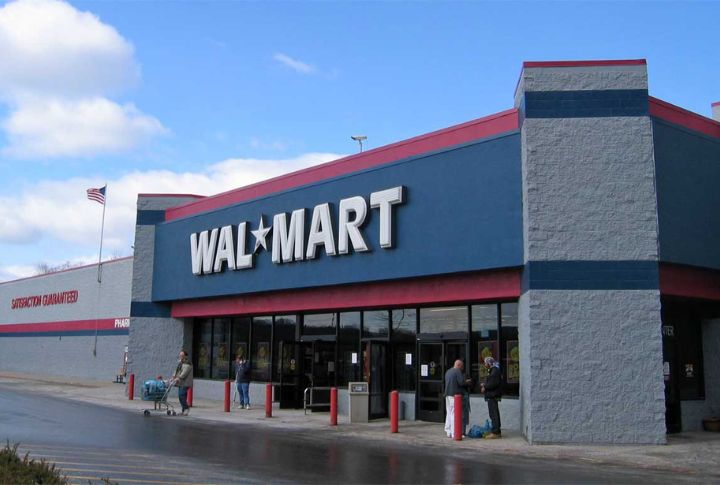
With over 10,500 stores and 2.3 million employees, Walmart is America’s largest private employer. Despite that scale, it’s faced backlash for offering low wages and minimal benefits. In 2023, it scaled back DEI initiatives under political pressure, triggering renewed criticism.
McDonald’s
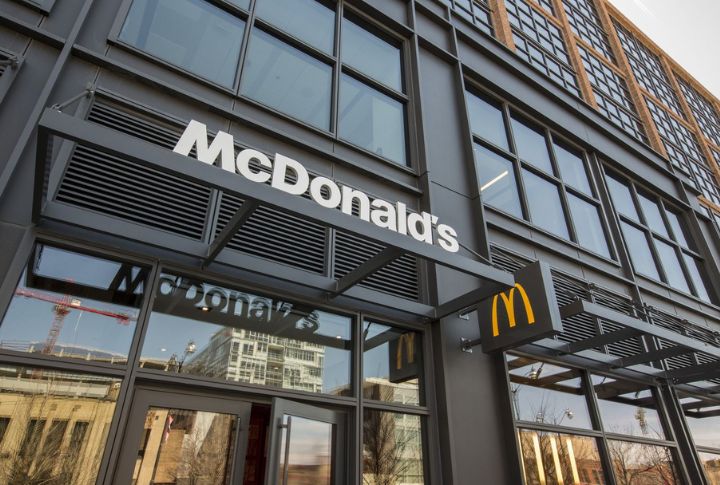
McDonald’s serves around 69 million people daily, but the golden arches have lost some shine. Critics have slammed the company over animal welfare, with PETA calling out harsh practices. Accusations of greenwashing haven’t helped, even as it made moves, like paper straws in Europe, to appear more sustainable.
SeaWorld
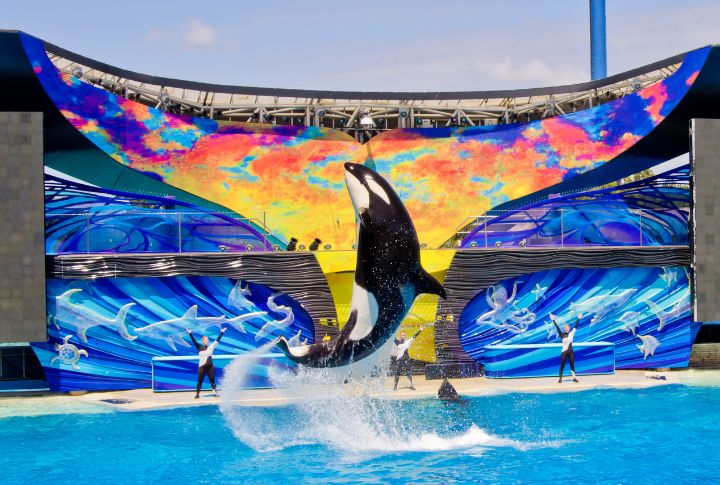
After “Blackfish” spotlighted its orca practices, SeaWorld faced intense public backlash. Critics later accused the company of greenwashing, citing its limited rescue programs. Despite that, it runs over 1,000 shows each year and operates a marine animal rescue network that it frequently promotes.
Apple
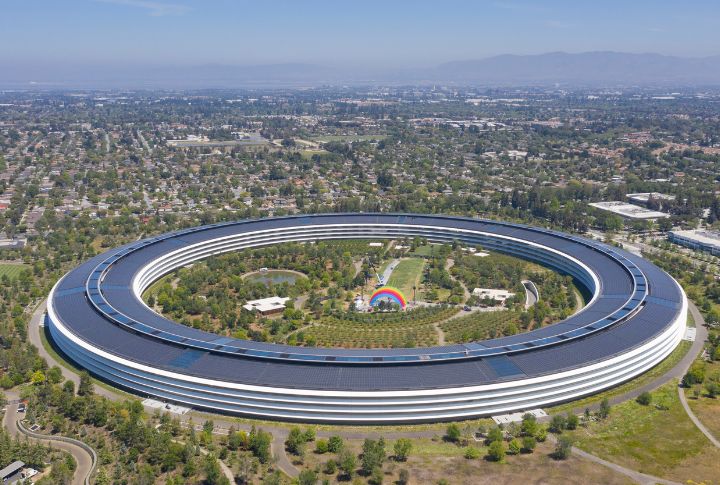
Apple started in 1976 with two Steves and a garage dream—but its image isn’t as polished as its devices. It’s faced fines for mishandling hazardous waste in China and paid $95 million over Siri privacy concerns. Growing concerns about ethics and transparency have caused some loyal users to walk away.
3M
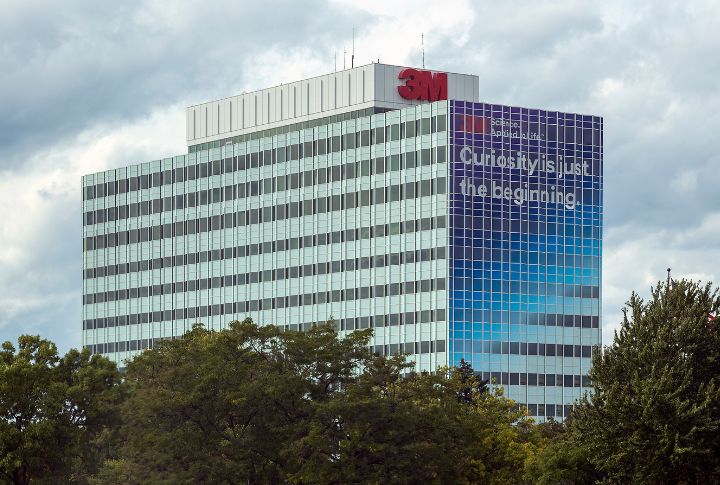
Across its 60,000+ products, one innovation stands out—the Post-it Note. But 3M is now mired in controversy for allegedly contaminating U.S. water supplies with PFAS. Thousands have sued, and federal agencies are investigating the long-term health risks of these so-called “forever chemicals.”
Ford
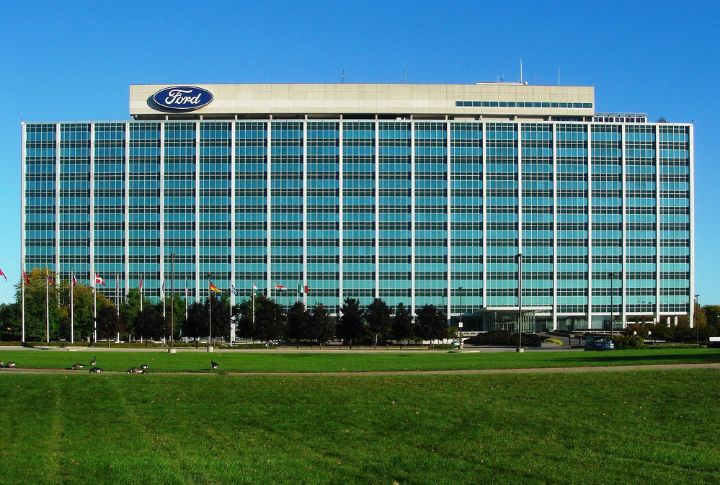
While the F-150 has ruled U.S. truck sales for decades, the company is under fire for recent vehicle recalls tied to fire risks. Ford’s slower pivot to EVs compared to rivals also raised eyebrows, despite its historic role in pioneering the assembly line back in 1913.
Disney

Disney once felt untouchable, but recent years have tested its magic. The company faced sharp criticism over its response to Florida’s controversial legislation, leading to a 22% drop in market value. Even Disney+ now ranks lower in customer satisfaction compared to its biggest competitors.
Coca-Cola

Invented in 1886 as a medicinal drink, Coca-Cola’s legacy is marked by its distinctive bottle inspired by a cocoa pod. Despite its iconic status, the brand topped 2023’s list of global plastic polluters and continues relying on single-use bottles across global markets.
Shell (Royal Dutch Shell)
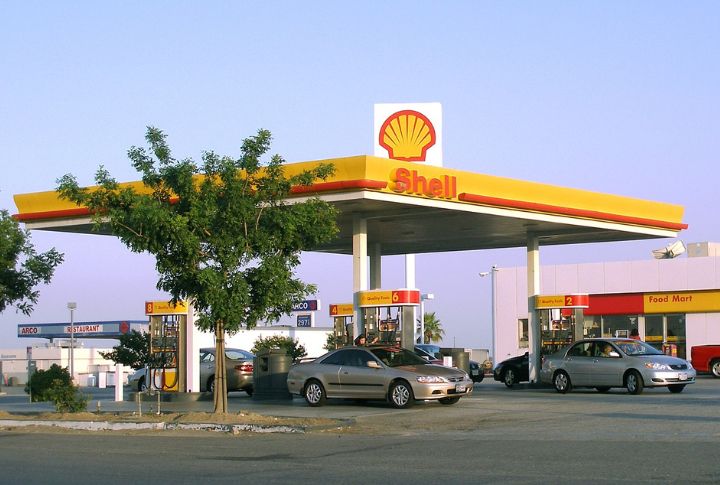
Shell’s reputation has taken a hit as environmental groups accuse it of greenwashing while continuing to expand fossil fuel operations. Still among the world’s top carbon emitters, the company faces pressure from climate-conscious consumers who see its public messaging as out of step with its actions.
Volkswagen

The company’s image took a major hit in 2015 when the Dieselgate scandal revealed it had rigged emissions tests. The fallout was global. Although the company now pushes electric vehicles and still produces millions of cars a year, many consumers haven’t forgotten the deception.
Shein
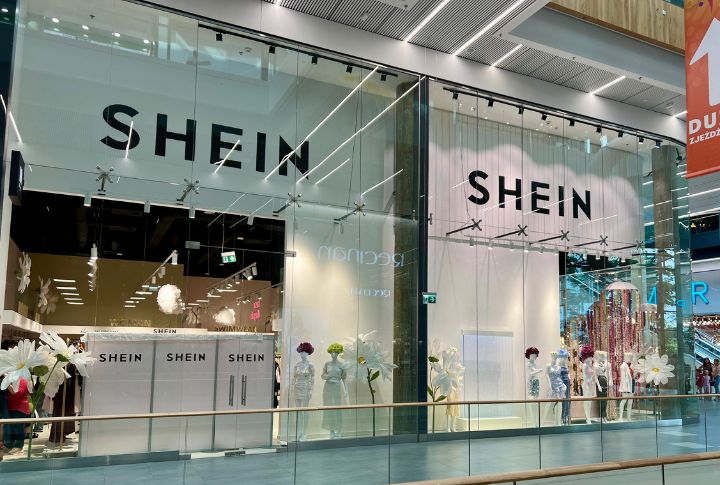
Shein faces mounting criticism for labor abuses and environmental damage tied to fast fashion. It’s also been accused of copying independent designers. Yet, with over 500 new items added daily and 30 million Instagram followers, the brand dominates social media-driven fashion culture.
Balenciaga
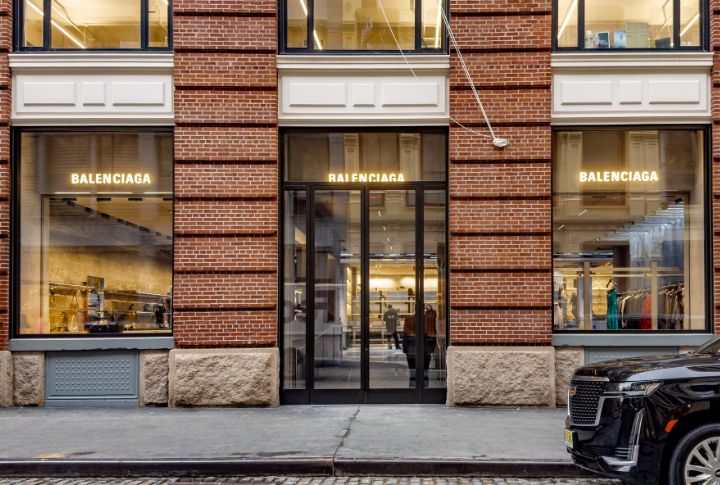
Balenciaga sparked outrage in 2023 after ad campaigns featuring minors drew sharp criticism. The brand, long known for its provocative style, faced boycotts and celebrity backlash. While it tried to distance itself through apologies and legal steps, many consumers saw the damage as already done.
Wells Fargo
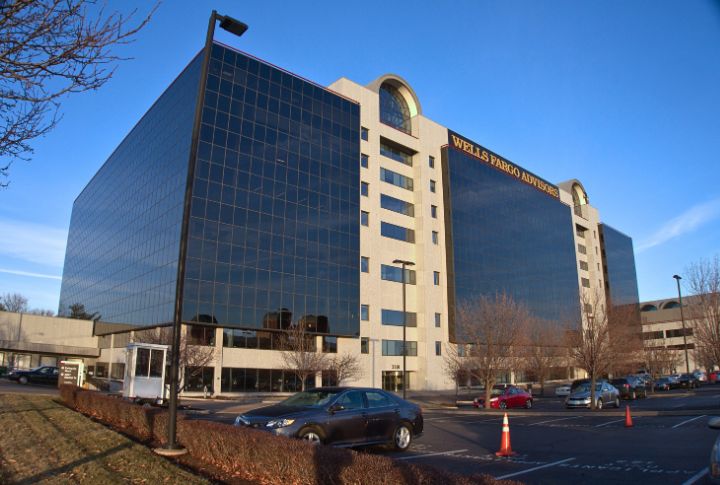
The 2016 fake accounts scandal rocked millions and led to steep penalties. Regulatory oversight continues to cloud its reputation. Founded during the California Gold Rush in 1852, the company still clings to its iconic stagecoach logo, symbolizing speed that few customers feel today.
TikTok
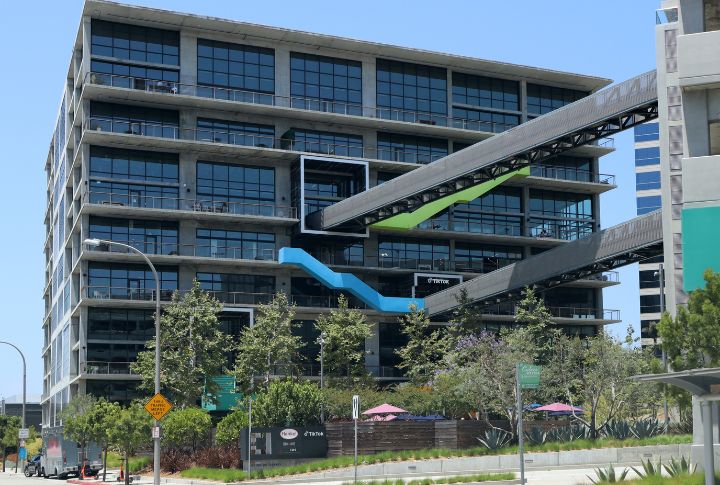
National security concerns put this social giant under the spotlight, as its Chinese ownership drew intense scrutiny in the U.S. Officials banned it on government devices, citing data risks. Even with billions of downloads and global fame, growing unease has led many Americans to turn away.
Juul
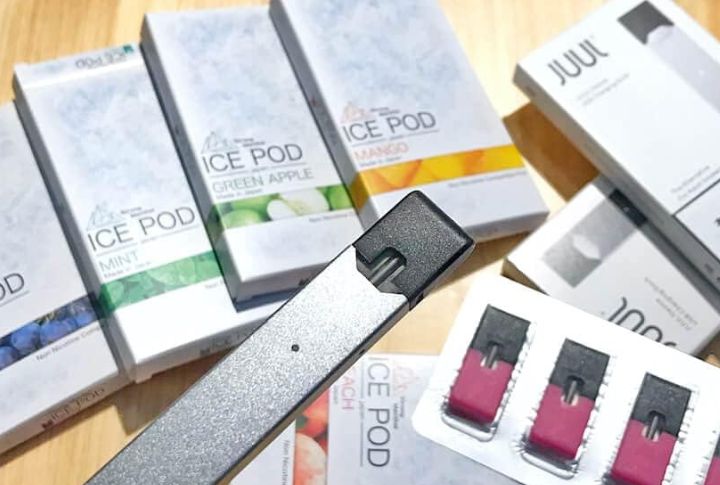
Aggressive marketing tactics landed Juul at the center of America’s teen vaping crisis, sparking lawsuits and regulatory scrutiny. At its peak, it controlled 70% of the e-cigarette market. Its sleek, USB-like pod design made it easy to conceal—and even easier to criticize.
Bank Of America
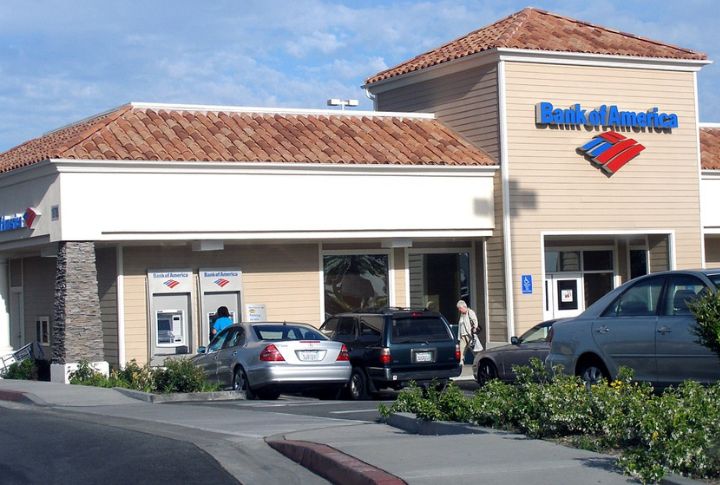
Despite climate pledges, the bank drew fire for its continued fossil fuel investments. Customers also rate its service below industry peers. During the 2008 financial meltdown, it received a $45 billion bailout. Today, its branches showcase local art amid ongoing public skepticism.
